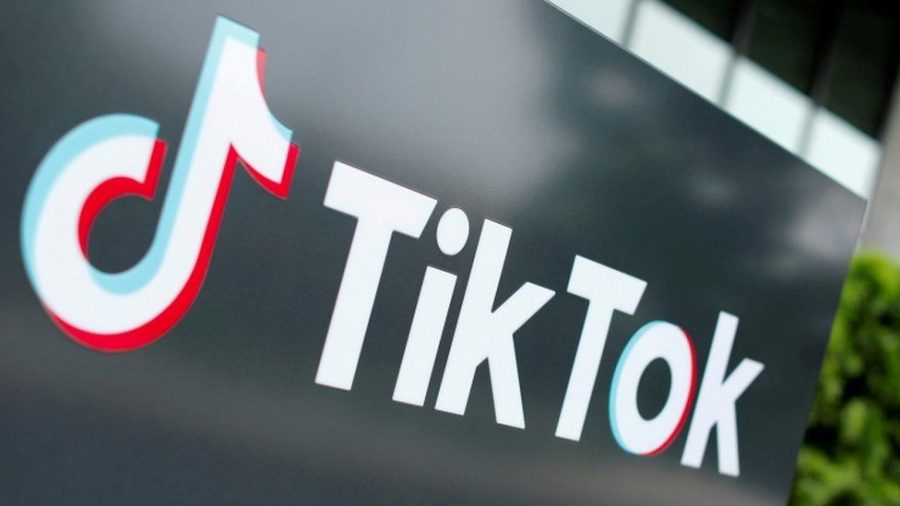Last year, ByteDance, the Chinese firm behind the viral video software TikTok, doubled its revenue.
According to an internal letter sent to employees, the company’s overall revenue for 2020 increased by 111 percent to $34.3 billion (£24.7 billion).
TikTok’s worldwide popularity continues to grow, as shown by these statistics.
It comes as governments across the globe are intensifying their pressure on ByteDance and other Chinese technology behemoths.
ByteDance’s yearly gross profit increased by 93 percent to $19 billion, despite a net loss of $45 billion over the same time.
A one-time accounting change was blamed for the net loss, which had nothing to do with the company’s activities.
As of December last year, ByteDance had approximately 1.9 billion monthly active users across all of its platforms, according to the memo.
Because of TikTok’s enormous popularity, ByteDance has been scrutinized by governments all around the globe, including the United States and China.
According to Reuters, a presidential directive issued by Vice President Joe Biden earlier this month would require certain Chinese applications to adopt more stringent steps to safeguard user data if they want to remain in the US market.
It occurred when President Biden reversed an executive order issued by his predecessor, Donald Trump, banning Chinese applications TikTok and WeChat from being used in the United States.
The prohibition was met with a slew of court challenges and never took effect.
Instead, the US Department of Commerce said it will examine applications created by people who live in “a foreign adversary’s jurisdiction,” such as China.
President Biden said that it should use an “evidence-based approach” to determine if they represent a threat to US national security.
President Trump frequently criticized ByteDance under the previous administration, accusing TikTok of being a danger to US national security.
Concerns have been expressed by politicians and bureaucrats regarding personal data being transferred to the Chinese government.
Chinese authorities ordered 13 internet platforms, including ByteDance, to comply with stricter financial rules in April.
It was part of a broader effort to rein in the country’s digital behemoths.
The goal, according to the authorities, was to avoid monopolistic behavior and “disorderly capital growth.”
For many years, Beijing has adopted a hands-off attitude to promoting the growth of the technology sector.
Zhang Yiming, the company’s CEO and co-founder, stated in May that he will stand down and move to a new position by the end of the year.
Mr. Zhang said in a letter to colleagues that he will be replaced by fellow co-founder Rubo Liang.
“The truth is, I lack some of the skills that make an ideal manager. I’m more interested in analyzing organizational and market principles, and leveraging these theories to further reduce management work, rather than actually managing people,” Mr. Zhang wrote in a message on the company’s website.
“Similarly, I’m not very social, preferring solitary activities like being online, reading, listening to music, and contemplating what may be possible,” he added.
The move was the largest shake-up at the Chinese tech behemoth since its inception almost a decade ago.









